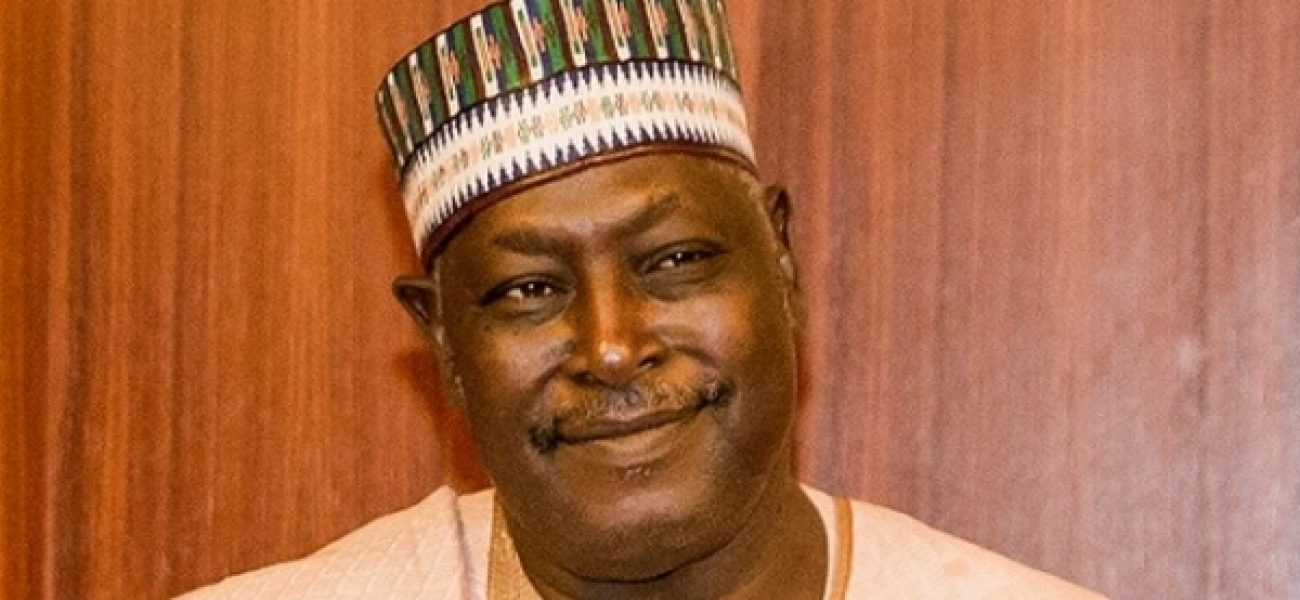It is unclear whether the Presidency’s latest suspension of the Secretary of the Government of the Federation, Babachir Lawal on Wednesday, April 19, 2017 over violations of law and due process in the award of contracts of the Presidential Initiative on the North East (PINE) months after calls for his resignation by the National Assembly will douse the existing tension between the Executive and the Legislature. It will be recalled that prior to the SGF’s suspension the National Assembly had recommended for the sack of the SGF over allegations of improper conduct in the handling of the contracts of the PINE. In addition, the National Assembly had refused to confirm the nomination of some of the President’s appointees to head agencies such as the Economic and Financial Crimes Commission (EFCC) acting Chairman, Ibrahim Magu as well as the stepping down of the confirmation of the newly appointed Resident Electoral Commissioners till the Presidency makes a statement on the fate of the rejected EFCC Chairman.
The Ad-hoc Committee on Mounting Humanitarian Crisis in the North East interim report rejected by the President in January this year for instance had called for the resignation of the SGF over infractions involving public procurement in contracts awarded by PINE. However, the President had rejected the report on grounds that only three members out of the 9- member Senate ad hoc Committee signed the report so it was at best “a minority” report. The President was also of the opinion that the Ad-hoc Committee did not grant the SGF or Rholavision (his alleged company) indicted in the report an opportunity to defend themselves from its allegations.
Similarly, it will be recalled that the Senate and the Executive had entered into an impasse with the hallowed chambers threatening to take the Federal Government to the Supreme Court after statements attributed to Vice President Yemi Osibanjo claimed that Senate’s confirmation of Mr. Ibrahim Magu as substantive EFCC Chairman was unnecessary under section 171 of the 1999 Constitution (as amended). Also, the Vice President’s statement was perceived as an affront to the independence of the Senate which had twice rejected Mr Magu’s nomination after its consideration of a Department for State Security report that indicted the acting EFCC Chairman for failing an integrity test and its assertion that he would be a liability on the present administration’s fight against anti-corruption.
However, it is hoped that the faceoff between the Legislature and the Executive (whose powers are respectively defined under sections 4 & 5 of the 1999 Constitution (as amended), would be quickly resolved. The Senate’s decision to defer the confirmation of RECs for example came at a time when President Buhari had already been criticised by several civil society organisations and stakeholders for failing to quickly re-appoint or nominate candidates. Specifically, paragraph 14(2) of the Third Schedule of the 1999 Constitution, envisages that there should be 37 RECs. That is one REC for each state of the Federation and one for the Federal Capital Territory. Furthermore, paragraph 14 (3)(a) of the Third Schedule mandates an accompanying Senate confirmation of all nominees appointed by the President. Yet, 33 states are without REC’s. Furthermore, despite the forwarding of the 27 nominations, six states (Borno, Gombe, Ekiti, Edo, Jigawa, Osun and Nasarawa States) have vacant seats yet to be filled.
This also has untold repercussions on good governance since RECs are generally regarded as being central to the success of an election; being in charge of INEC’s operational functions at state level and providing insight on the implementation of its policies and programs. However, since their work requires having a good grasp of the political and social dynamics of their state of assignment in addition to its electoral geography, further delay may prevent them from achieving a mastery of these salient skills and ability to deliver in the 2019 general elections.
This is further highlighted by the fact that the Independent National Electoral Commission (INEC) has already announced the dates for the Presidential and National Assembly elections scheduled for 16th February 2019 and the Governorship and State House of Assembly elections on 2nd March 2019. Therefore any further undue delay to the confirmation of REC’s under paragraph 14 (3)(a) of the Third Schedule may only indicate lack of political will by the Executive and the Legislature to strengthen the capacity of the Commission to plan and set in place an organizational structure to effectively deliver peaceful and credible elections ahead of 2019.
The faceoff is a reminder that checks and balances must be understood within the context of the separate but complementary roles that the Executive and the Legislature play in Nigeria’s democracy and that no one arm is superior to the other. This is probably why the earlier cited section 2(3) of the EFCC Act 2002 and some other provisions of the Constitution make the President’s power of appointment subject to Senate’s confirmation. However, it remains unclear whether the SGF’s suspension will reconcile both arms of Government, which remain in deadlock.

